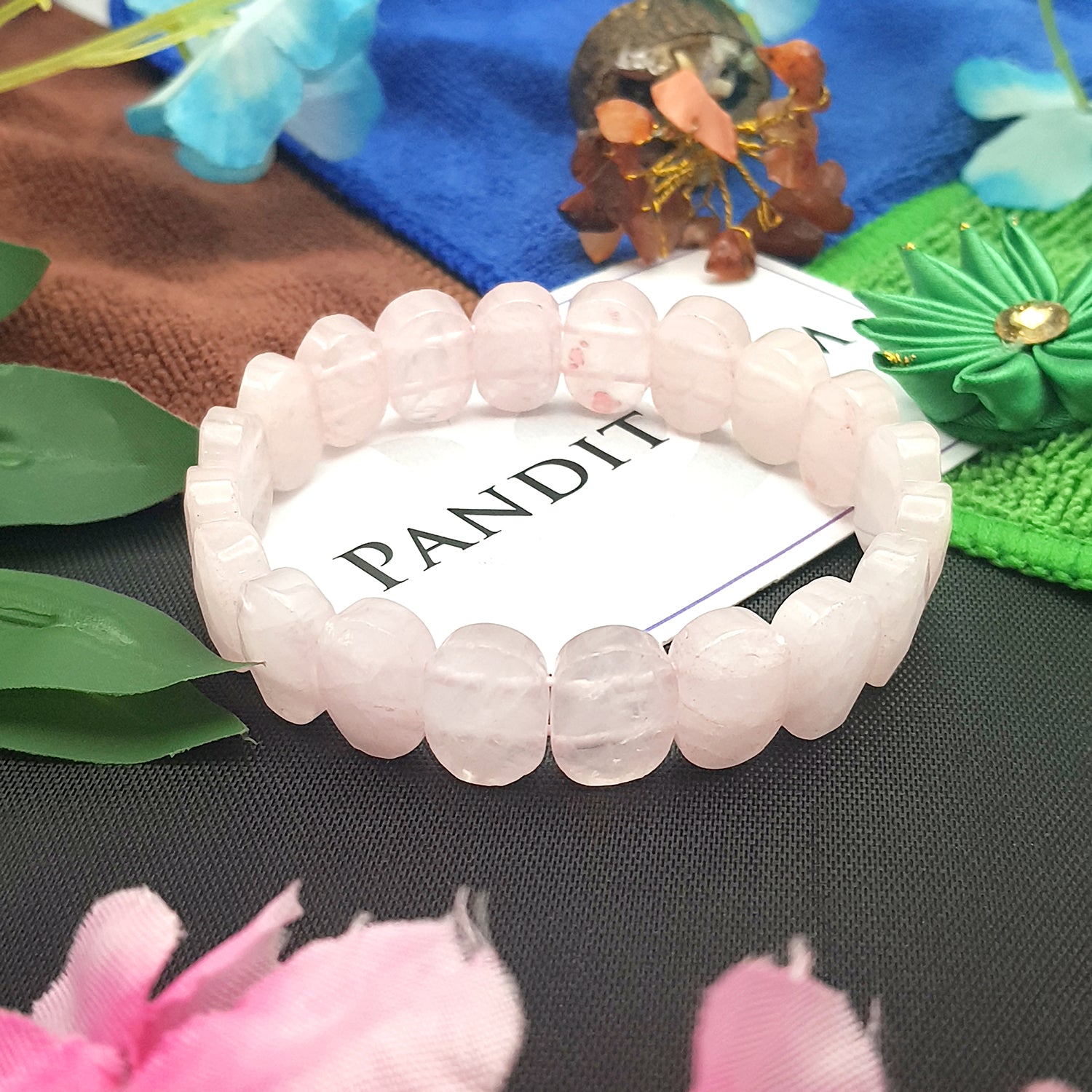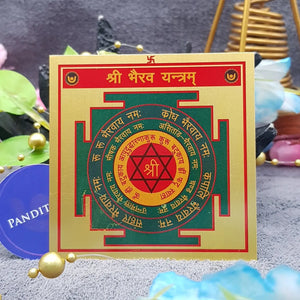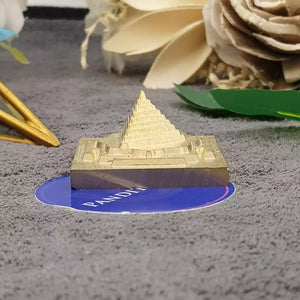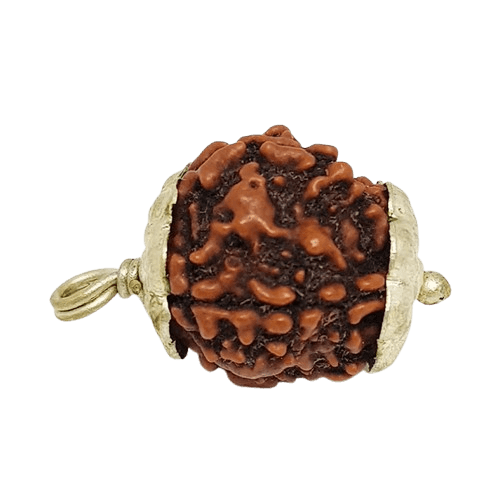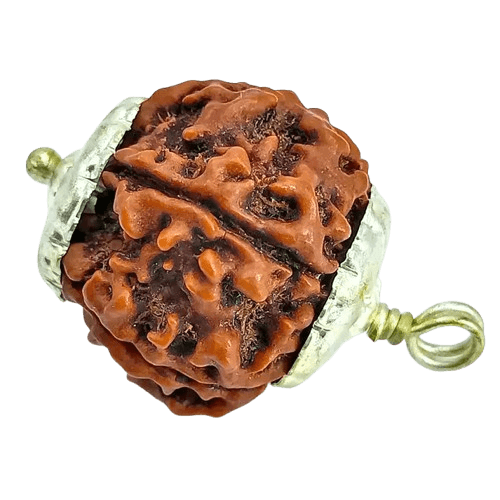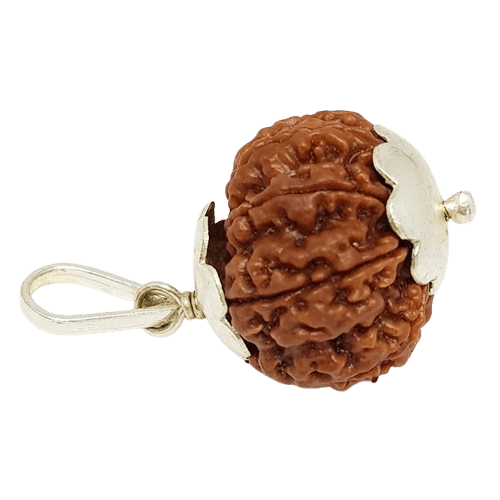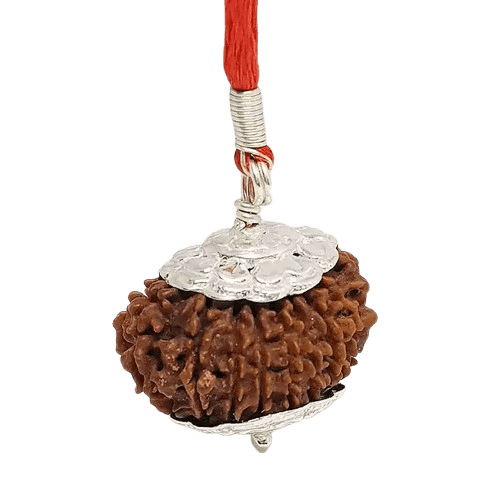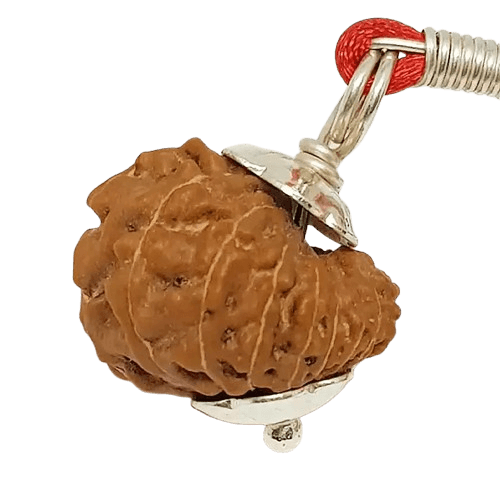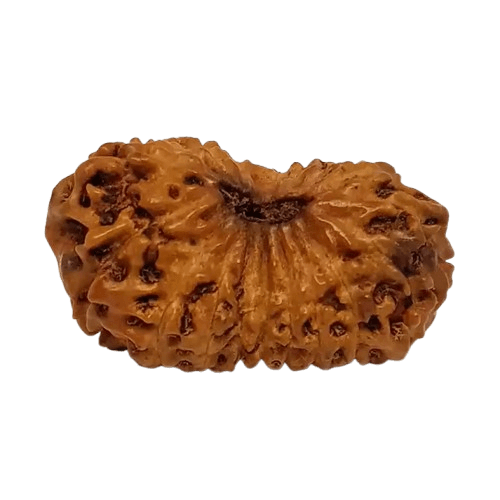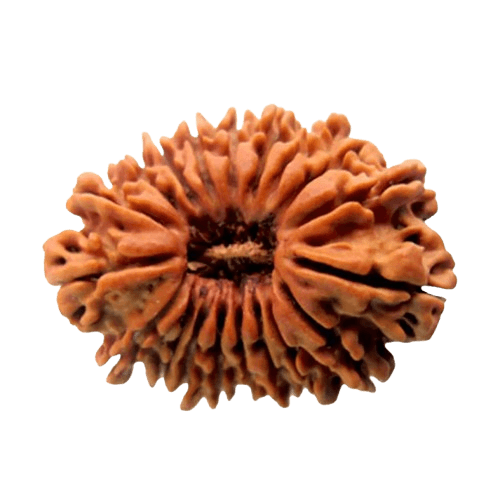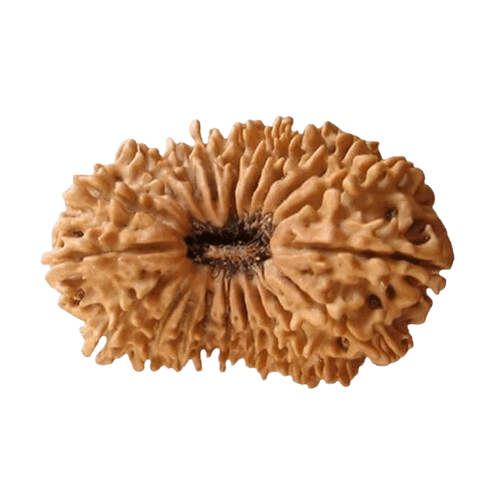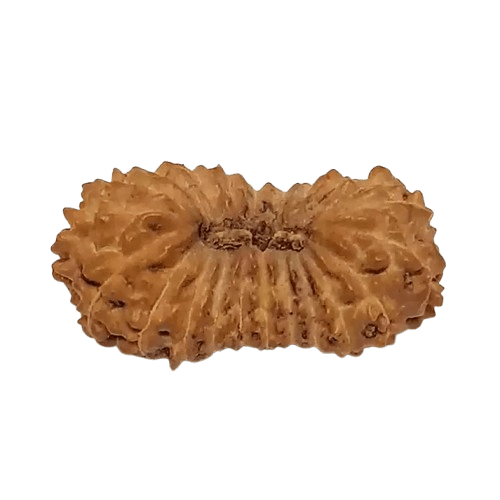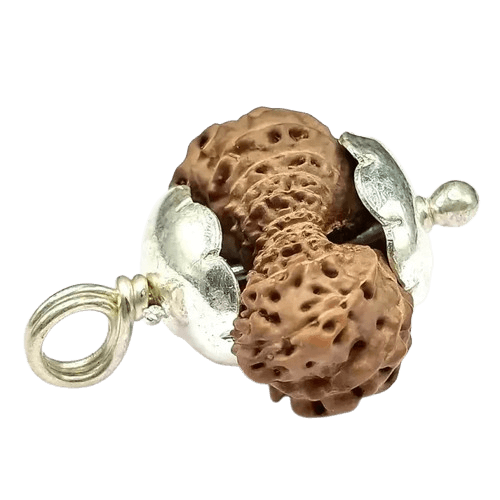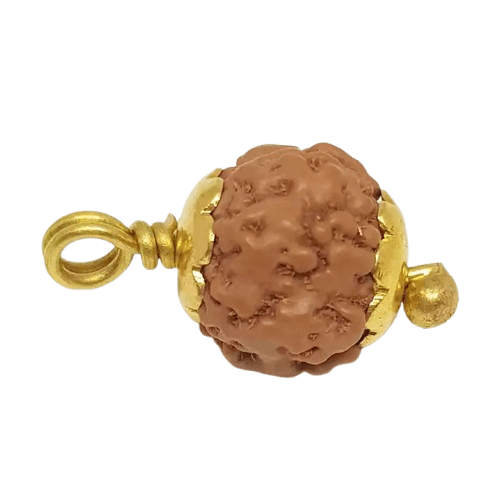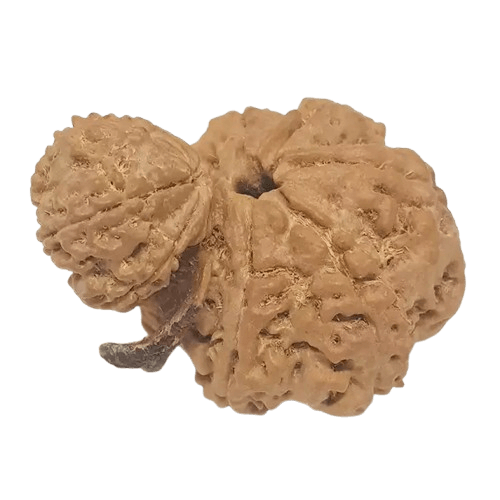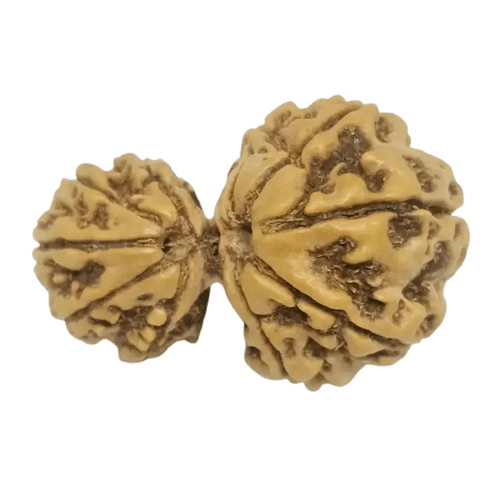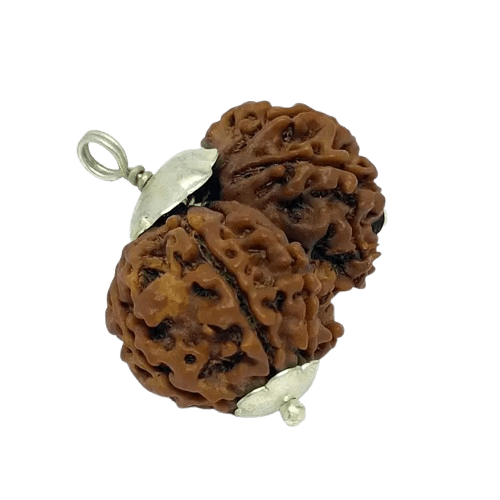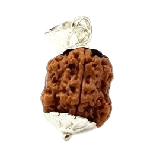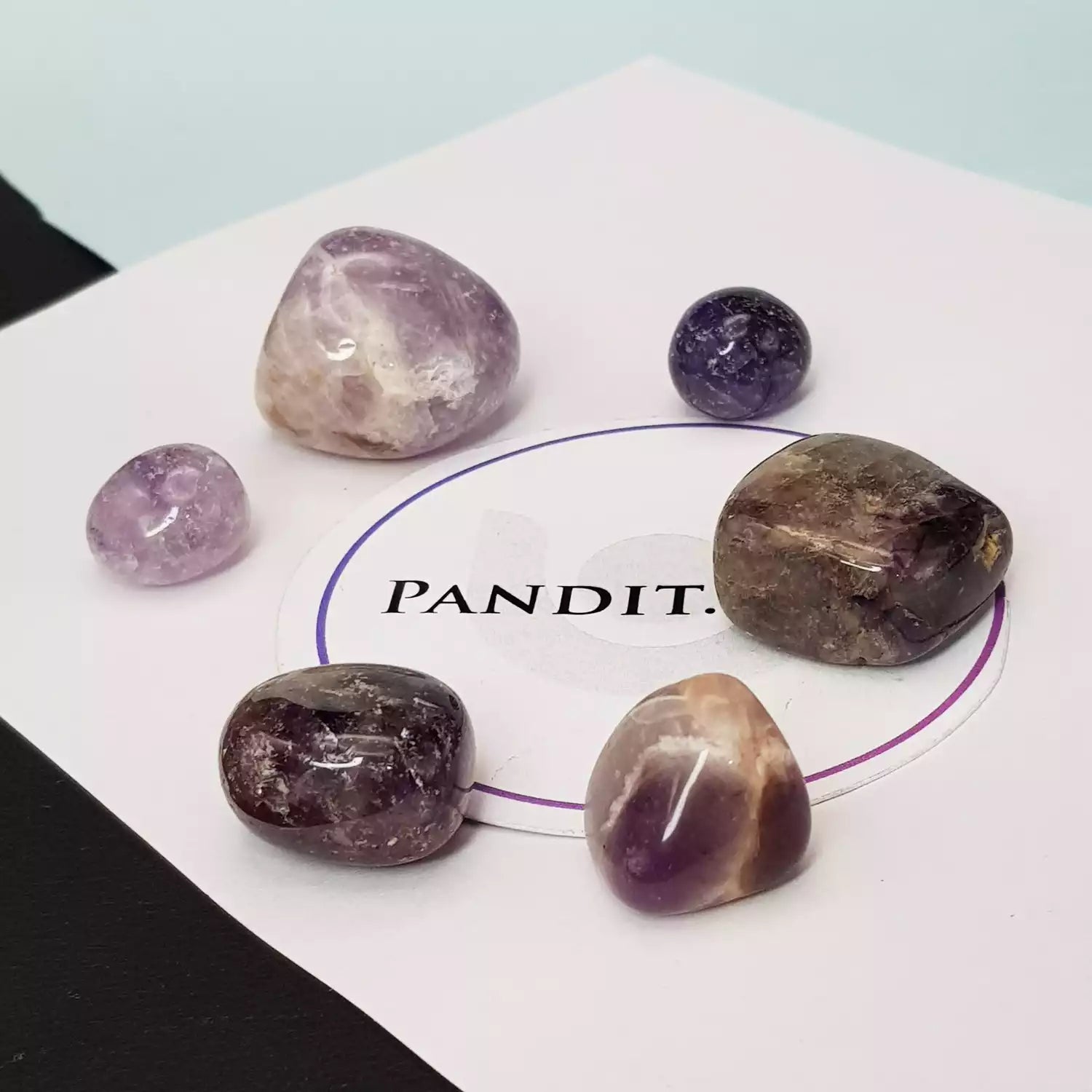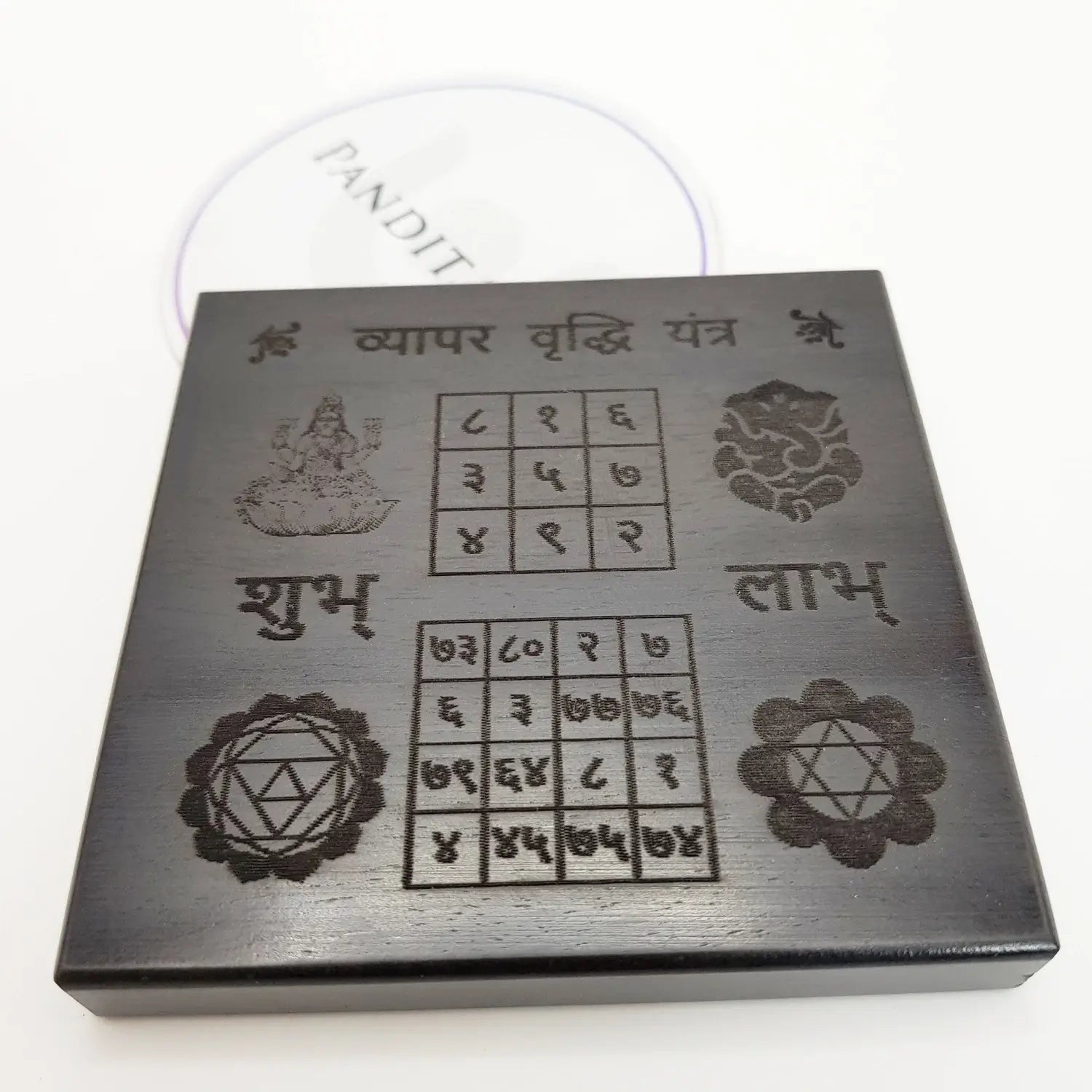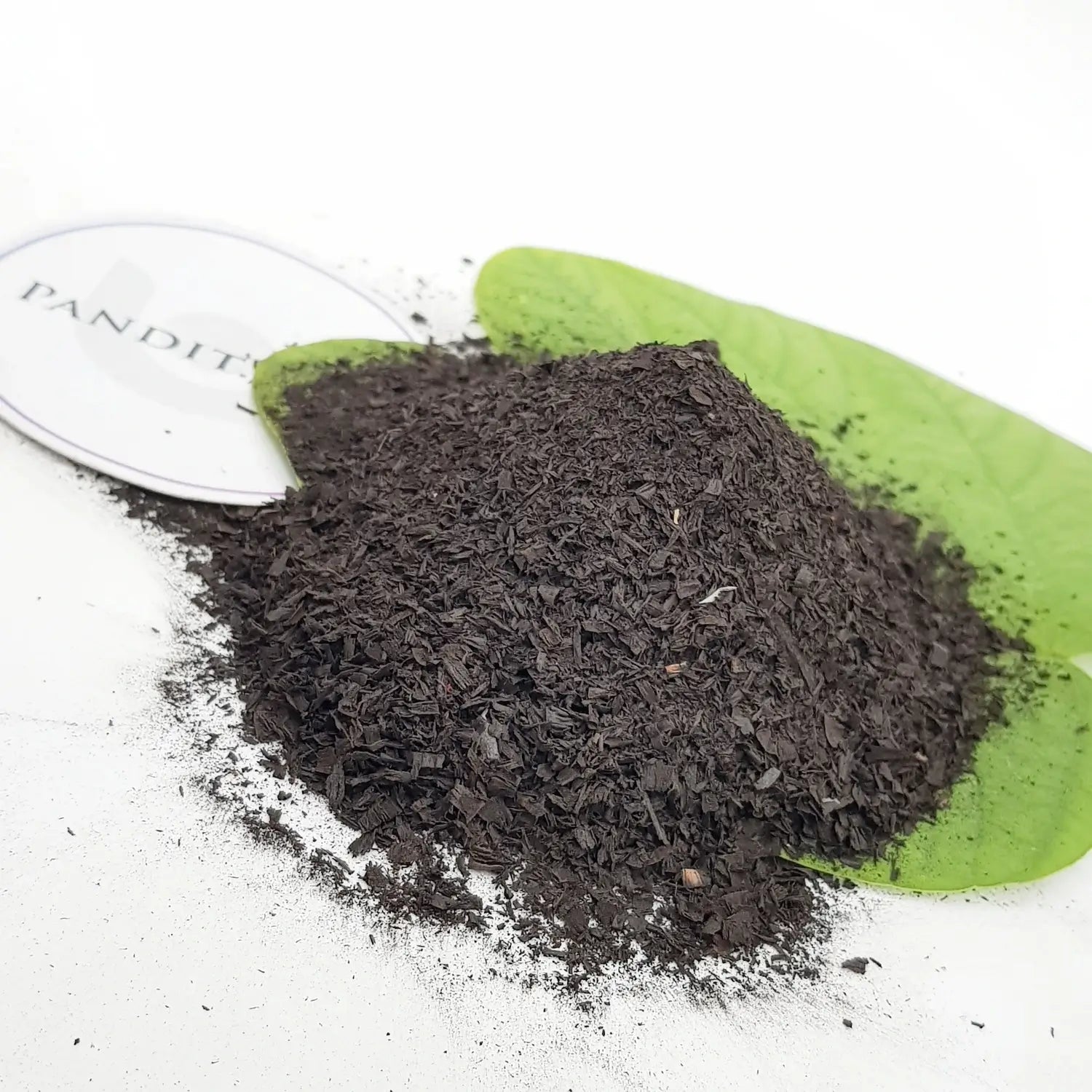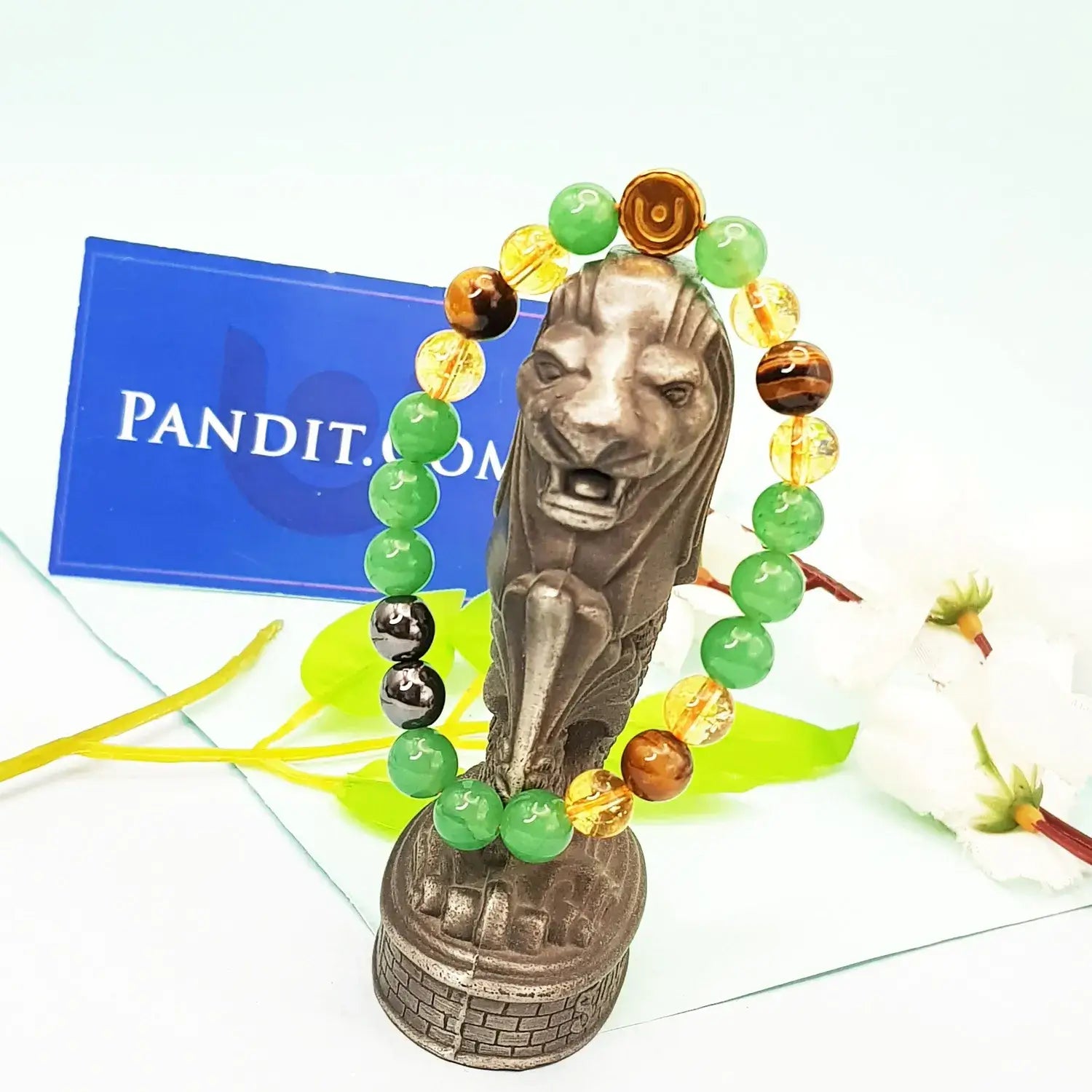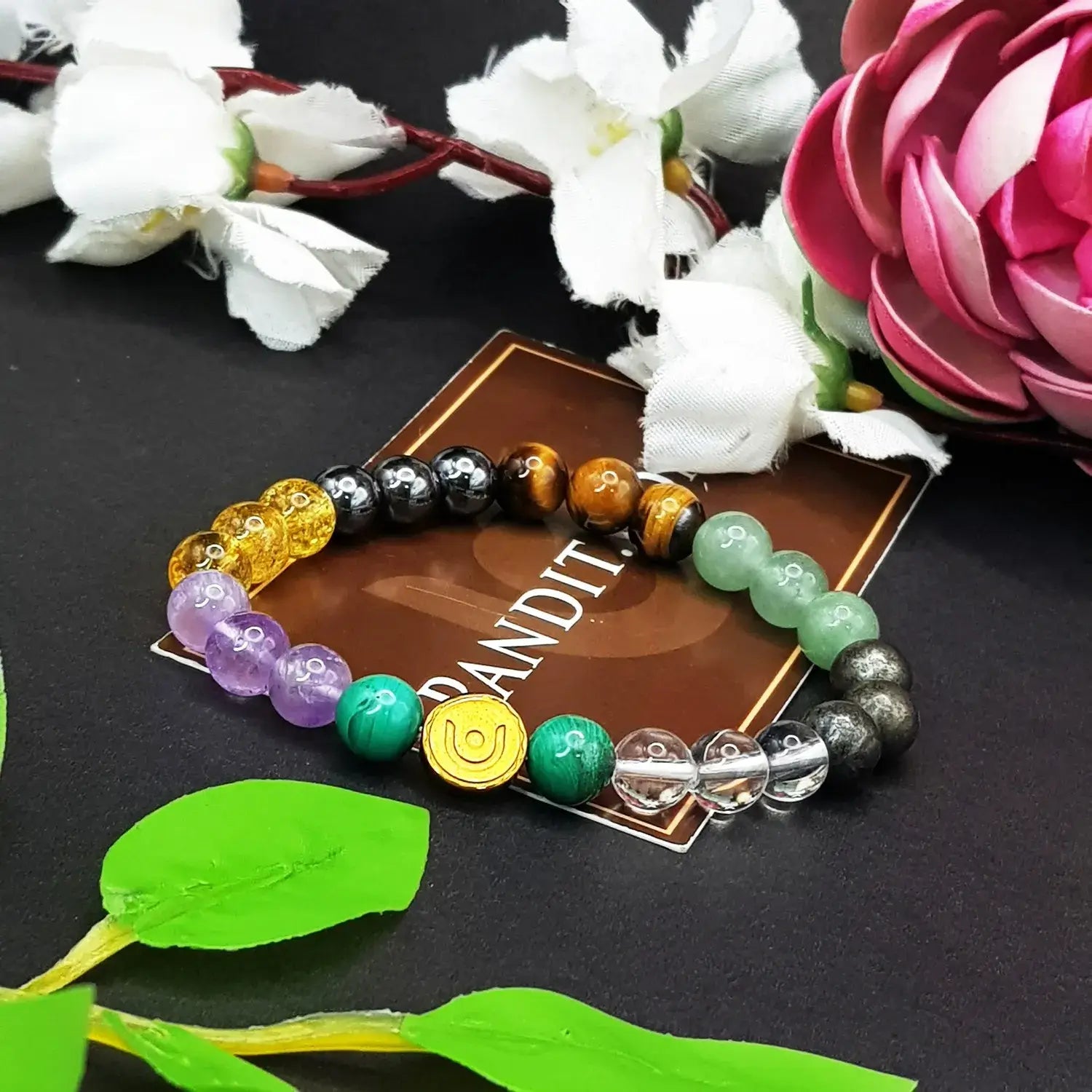Ever heard of God accepting liquor as prasad? Seems strange and unbelievable. But yes, this happens at the Kaal Bhairav Mandir in Ujjain. Before you raise your eyebrows at this fact, let’s know the real story behind it.
The devotees, when they visit the Kaal Bhairav temple at Ujjain, take offerings with them like flowers, coconuts, and, yes, a bottle of liquor to offer to Kaal Bhairav, the most fierce form of Lord Shiva. And it happens: when the priest offers the alcohol to Kaal Bhairav in the mouth, it vanishes thereafter in seconds, like Kaal Bhairav drank it.
Stunned to hear that? Let’s explore the spiritual significance behind it, but let’s learn first about our beloved deity Lord Kaal Bhairav
Who is Kaal Bhairav?
Kaal Bhairav is the Lord of Time and is the fearsome protector form of Lord Shiva. He is known to destroy ego, ignorance, and evil and is depicted with a dog as his mount, a garland of skulls, and a gaze that pierces through illusion.
Lord Kaal Bhairav is the deity for those who are in search of truth and spirituality. In addition, he is also known as the guardian of temples and cities, especially in sacred pilgrimage towns like Kashi (Varanasi), Ujjain, and Kathmandu.
When Kaal Bhairav Jayanti arrives, some people visit the Kaal Bhairav temple and offer Madira, while some keep the sacred Shri Bhairav Yantra at home and worship it, performing all the sacred rituals.
Why is Liquor Offered?
Some people misinterpret this ritual as if the deity accepts liquor, then they are promoting the acceptance of it. However, the liquor ritual represents the following aspects, explained below:
a. It symbolizes letting go of sensory pleasures
In the spiritual world, liquor represents attraction to the sensory pleasures, which distract from concentration in bhakti and spirituality.
So, by offering liquor to the deity, the bhakta takes a vow, “I surrender even what tempts me the most.”
b. The Tantric Influence
The worship of Kaal Bhairav also involves Tantra, where nothing is sacred or impure; it’s all about intent. The Tantra vidya says that darkness doesn’t vanish just by avoiding the dark but by confronting and transcending it.
c. The Lord of the Unprotected
Kaal Bhairav is the lord of the unprotected, like the guardians, wanderers, the people who are lost, and even spirits.
So, he accepts the offerings that other deities do not. It’s because it represents the fierce truth, the truth about rejection, and the unspoken and hidden parts of human nature.
d. Liquor as a form of Bhakti
Lord Kaal Bhairav, unlike the deities Lord Vishnu or Lord Rama, is worshipped through discipline and purity. Kaal Bhairav accepts devotion in any form that is raw and unrefined. So, liquor is also chosen as one of the ways to reach and connect with the divine.
How is the Offering Made?
- Devotees bring the sealed bottles of liquor, like alcohol or rum.
- The priest opens the cap and pours a small portion into a bowl, and then puts it into the deity’s mouth.
- The leftover liquor is returned to the devotee in the form of prasada.
- The madira left is then either kept at home, used in rituals, or shared.
A Spiritual Message Behind the Practice
Offering liquor to Lord Kaal Bhairav is a kind of profound spiritual metaphor. It teaches us that
- The divine is not only confined to purity but also accepts the raw and chaotic parts of life.
- True devotion transcends symbols and moral boundaries.
- Devotion must be simple, direct, and honest, and should not be based on social norms.
Final Reflection
So, we can say that offering liquor to Lord Kaal Bhairav is also a divine act to do when it aims to clear the darkness through light. It symbolizes that every negative perspective must be ignored to attract positivity in life.
It also means that we must make our minds positive so that we can do good for others. Doing good should not be controlled by actions and fears, but it should be done with faith and devotion. It is the real bhakti and puja.
So, embrace the path of positivity with us and illuminate your life with light. Connect with us at pandit.com for more such teachings and knowledge.
Jai Shree Mahakal!



